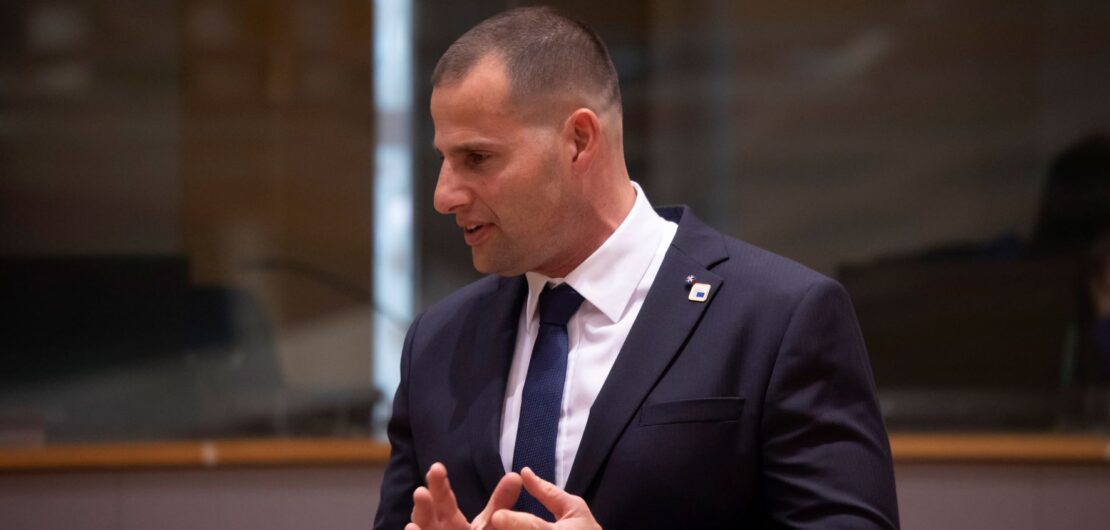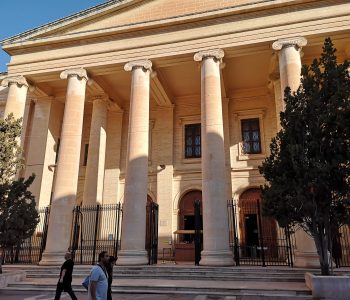 Library
Library
Malta: MFRR expresses concern at anonymisation of court judgements
Malta: MFRR expresses concern at anonymisation of court judgements
The Media Freedom Rapid Response (MFRR) together with Reporters Without Borders (RSF) has written to Prime Minister of Malta Dr. Robert Abela and Minister for Justice, Equality and Governance, Dr Edward Zammit Lewis to express concern about Legal Notice L.N. 456 of 2021 and the online publication of court judgements.
Dear Prime Minister Dr Robert Abela,
Dear Minister of Justice Dr Edward Zammit Lewis,
We write in relation to Legal Notice L.N. 456 of 2021 regarding the online publication of court judgments, which codifies a highly problematic existing practice in Malta. We are concerned by its conferral of unfettered discretion upon the Director-General of Courts to decide upon an application for the exercise of the right of erasure of personal data from a court judgment published on the website of the Court Services Agency. This enables arbitrary decision-making that damages the right to information, unduly hinders journalists’ reporting in the public interest and undermines the separation of powers.
The principle of publicity of court proceedings, including the verdict, as protected under European human rights law and extensively developed in the European Court of Human Rights’ jurisprudence, is an essential means for realising the right to a fair trial and maintaining public confidence in the judiciary. In this regard, court reporting by journalists is crucial because it informs the public how justice is done. To fulfil this public interest role, journalists must be able to rely on a comprehensive record of fully published verdicts.
According to the Board of the Public Inquiry into the assassination of Daphne Caruana Galizia:
There ought not only to be structures which guarantee adequate protection of the physical person but also by the State creating a favourable environment which allows [journalists] to exercise their profession in a secure and effective manner.
We recognise there may be legitimate reasons why certain judgments or parts thereof ought not to be public, for instance to protect the rights of minors among other things. However, we are highly concerned by this Legal Notice’s codification of the existing practice that bestows the Director-General of Courts, a non-judicial appointee without statutory autonomy who is appointed by and answers directly to the Minister of Justice, with full discretion to decide whether a judgment is partially anonymised or even removed from the public record altogether or never published in the first place. This now-codified practice calls into question the Maltese government’s commitment to transparency and the separation of powers.
Moreover, we consider it disingenuous to rely on the right to be forgotten as the motivation underlying this Legal Notice. This principle pertains to delisting from a commercial search engine, such as Google, under specific circumstances. This cannot be compared to the removal of personal data from an online service administered by the government that contains public records. The Court of Justice of the European Union’s attention for balancing this right to be forgotten with the need to ensure access to information that is in the public interest serves to further emphasise this point, particularly in relation to criminal records.
In light of these concerns, we urge you to rescind Legal Notice L.N. 456 of 2021.
This statement was coordinated by the Media Freedom Rapid Response (MFRR), a Europe-wide mechanism which tracks, monitors and responds to violations of press and media freedom in EU Member States and Candidate Countries.



